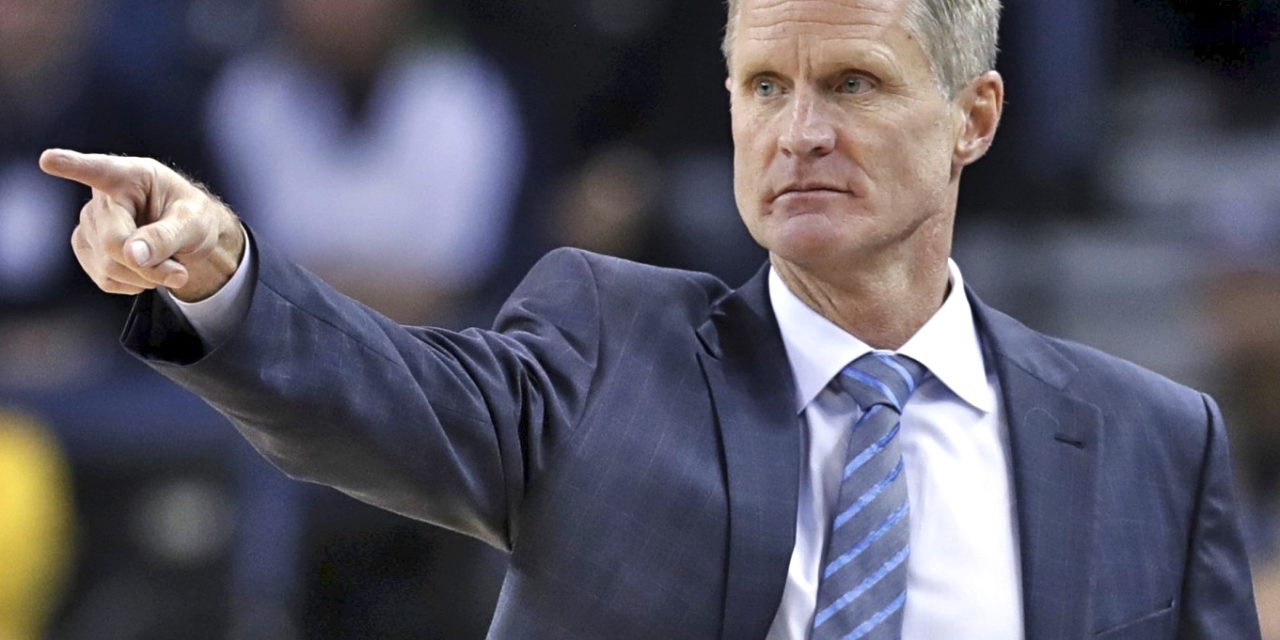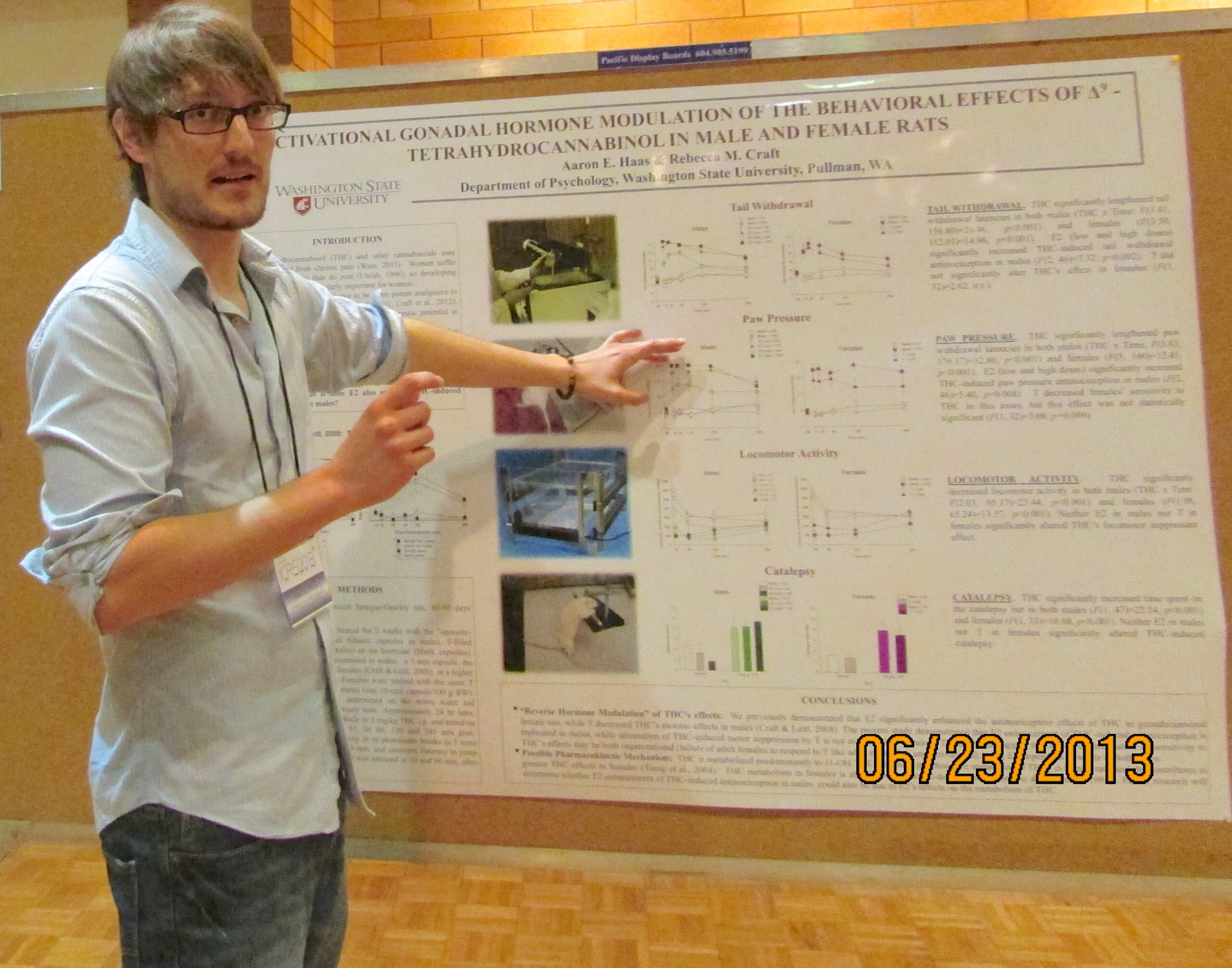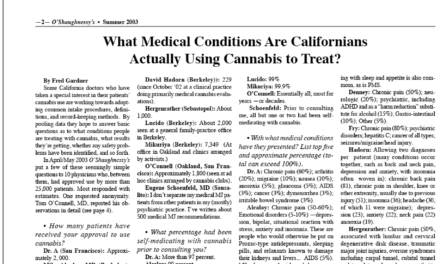June 15, 2017 At the Marriott Hotel in Oakland yesterday the National Cannabis Industry Association was concluding its trade show and the Golden State Warriors, in another wing of the massive building, were preparing for their victory parade today.
Steve Kerr is the Warriors’ likable, brilliant coach. In 2015, soon after his team won the NBA championship, Kerr underwent surgery to eliminate the pain caused by a ruptured disk. A scalpel evidently nicked the membrane that contains the fluid surrounding the spinal cord. When the spine and brain lose cushioning, severe headaches, nausea and other symptoms can ensue. Kerr had to take off much of the 2015-2016 season. A second surgery was supposed to correct the problem but did not.
Kerr returned to coaching in the fall of 2016. He never said that he was cured, only that he was feeling better. He was quoted in the Washington Post expressing strong regret about having opted for surgery in the first place: “I can tell you if you’re listening out there, stay away from back surgery. I can say that from the bottom of my heart. Rehab, rehab, rehab. Don’t let anyone get in there.”
Jeffrey Hergenrather, MD, president of the Society of Cannabis Clinicians upon hearing that cannabis hadn’t provided relief to Kerr, said, “Maybe he could have used better advice. How much did his doctor know about cannabis? Maybe he needed help finding the right delivery system, the right cannabinoid ratios, the right dose.”
Steve Kerr may be unaware that there are specialists worth consulting when trying cannabis to treat an unusual problem. The media has successfully created an image of the “potdoc” as a profiteer who plays no role beyond authorizing people to use the herb as medicine. In reality, there is a spectrum of expertise; at one end are doctors with an understanding of how the endocannabinoid system works, and the range of symptoms that can be alleviated by cannabis, and the specific needs of the individual they are treating.





